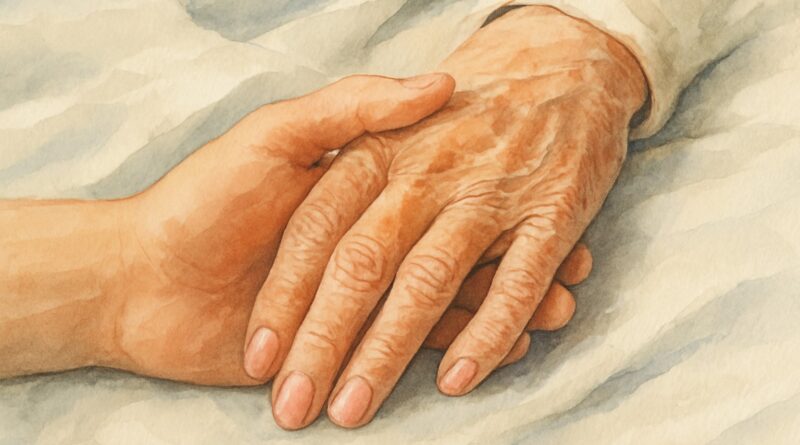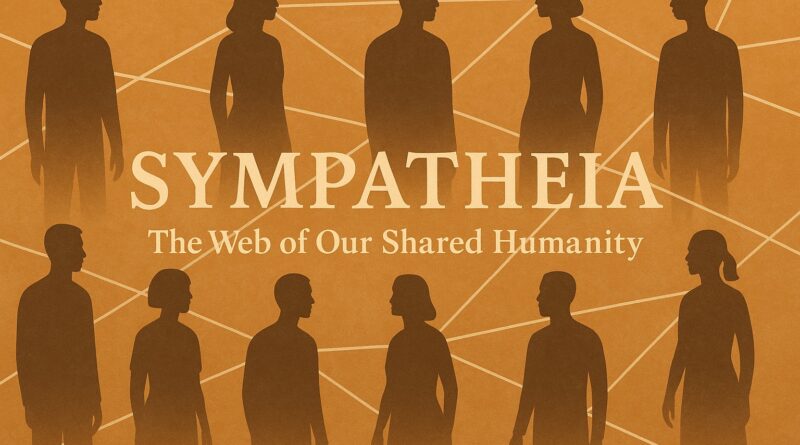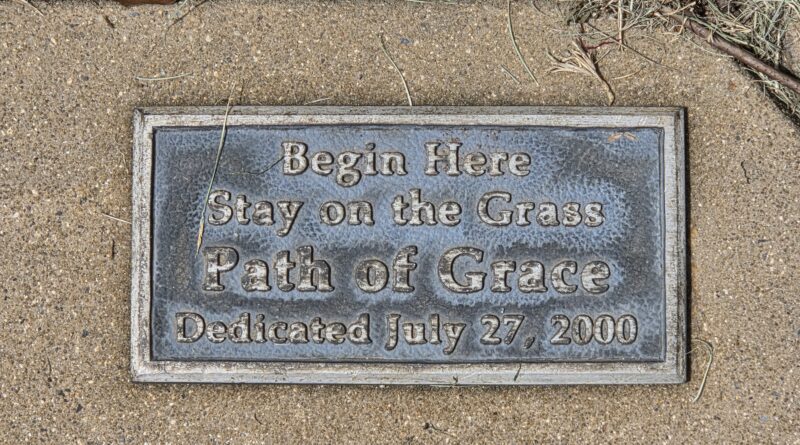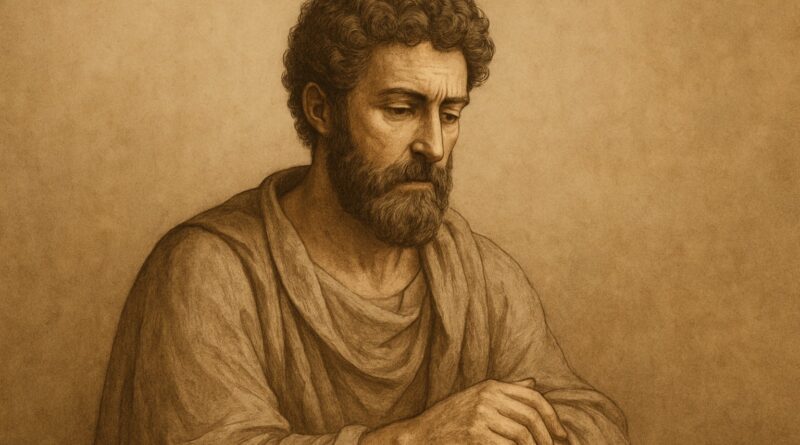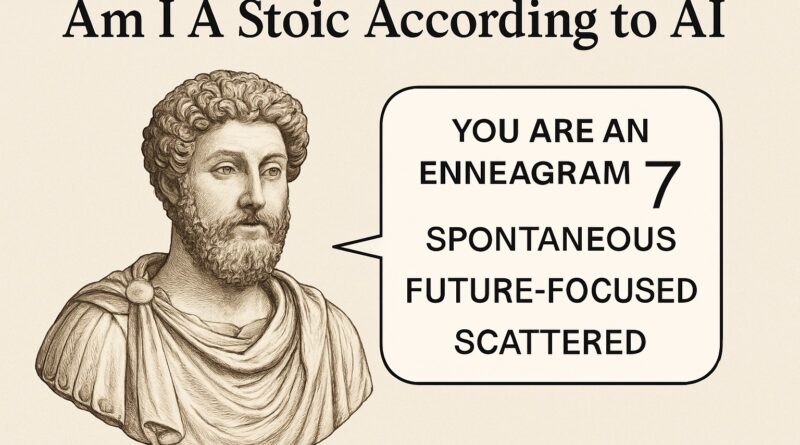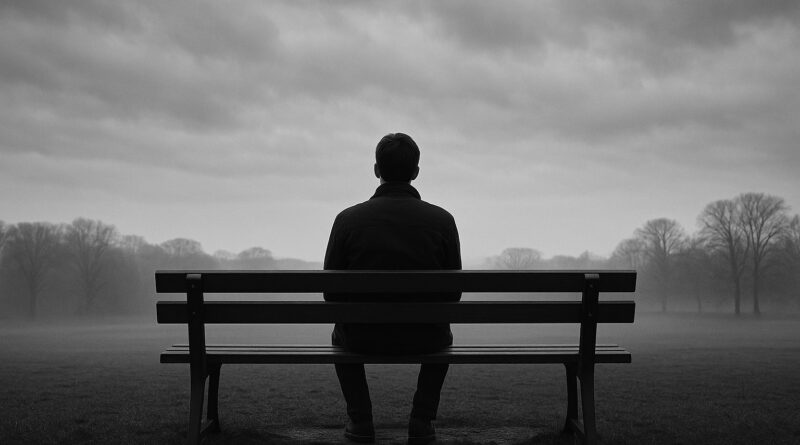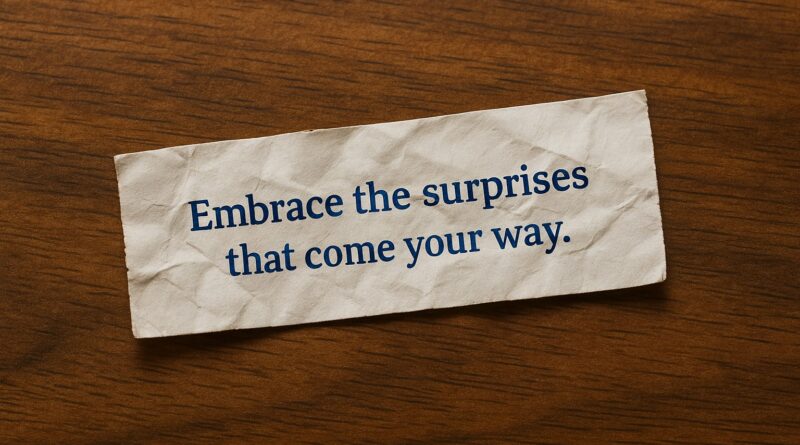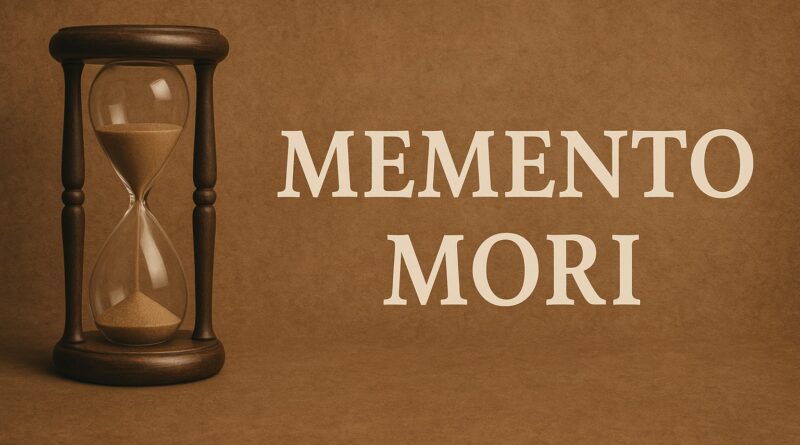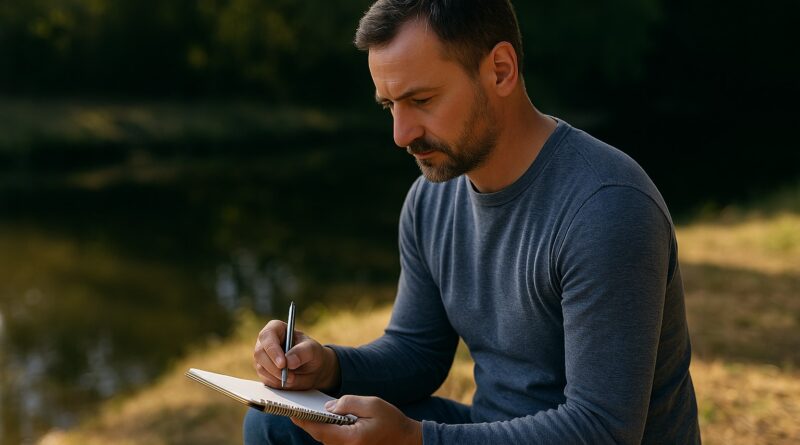Friendship and Impermanence
Friendships are among life’s most unpredictable gifts. Some arrive for only a brief season, while others feel like they’ll last forever. Yet nothing is promised. A letter from an old college friend recently reminded me of this truth with painful clarity: he chose silence, not because of anger, but because life had drained him of the energy to stay connected. His message closed the door on our relationship, and with it came both relief and grief. Relief that I had not harmed the friendship, grief that its time had ended.
The Stoics teach us that everything we hold dear is on loan from fortune and will one day be reclaimed. That includes the people we love and the friendships that sustain us. Loss, they say, is not theft but the return of what was never fully ours. To see relationships this way doesn’t erase sorrow, but it reshapes it. Gratitude can take the place of clinging, and memory can remain as a reminder of both the gift and the impermanence of friendship.


